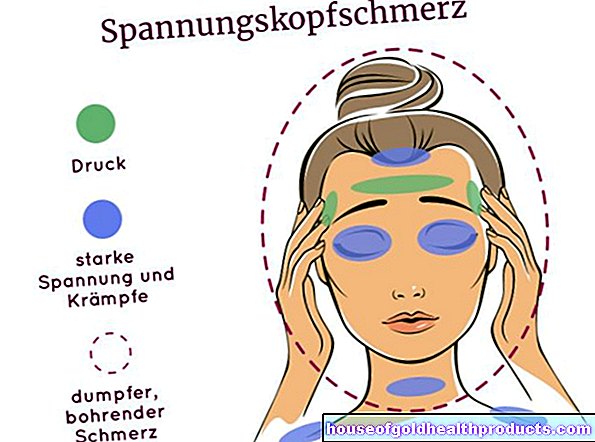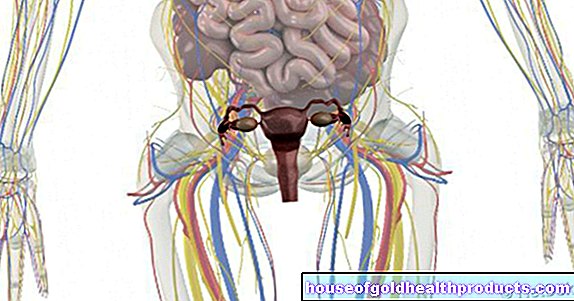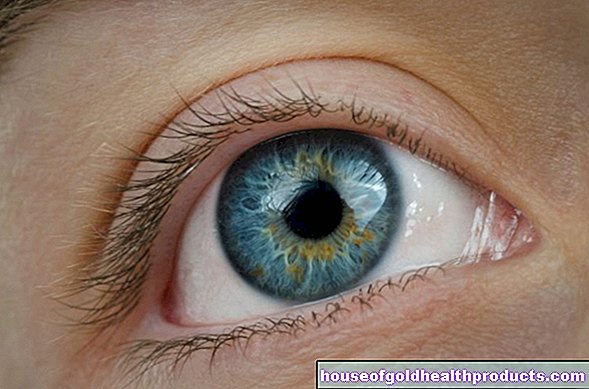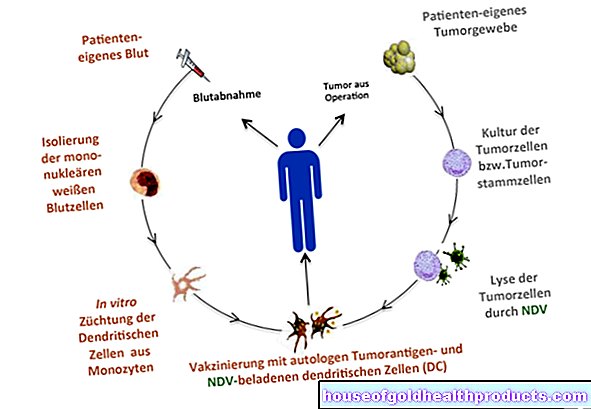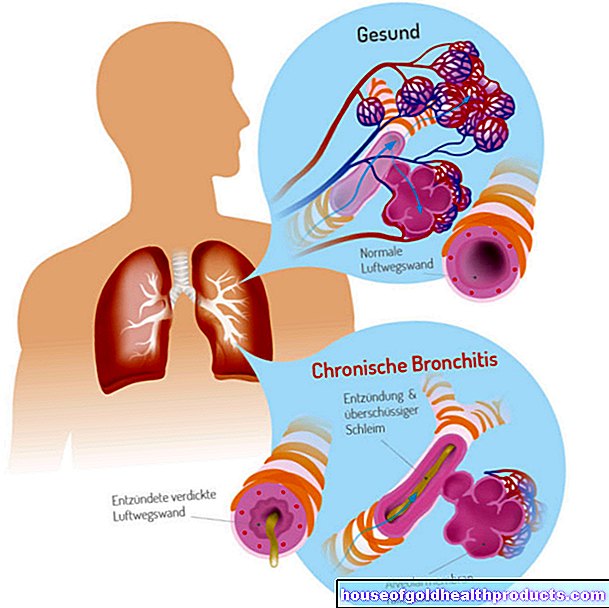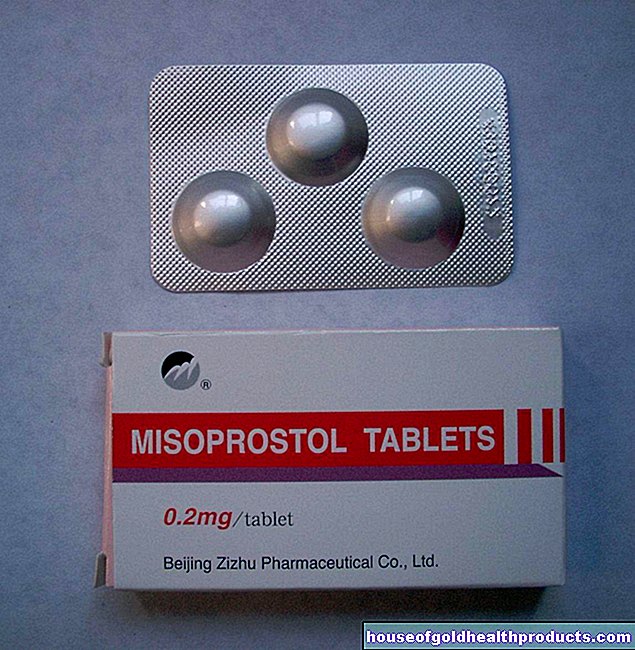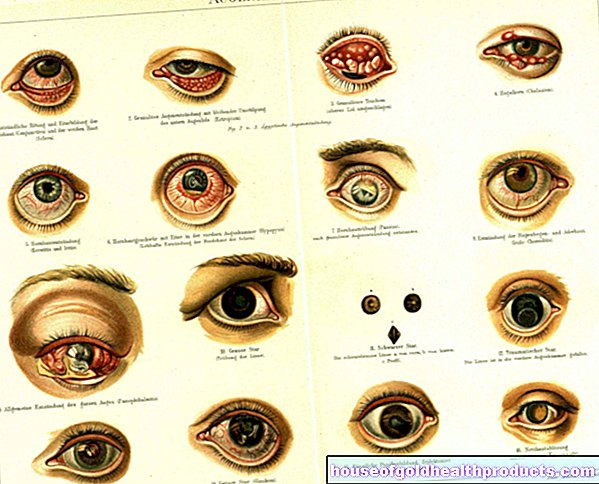Depression: Mindfulness training protects against relapse
All content is checked by medical journalists.Depression is an extremely distressing mental illness. In four out of five people affected, it does not stay with one episode. In many cases, this can be prevented with medication. Now it has been shown that a specially developed psychotherapy is just as effective: "Mindfulness-based cognitive therapy".
"At the moment, antidepressant medication is the key to avoiding relapse," says Willem Kuyken of the University of Oxford. However, some patients cannot tolerate the drugs. Others do not want to have to take tablets indefinitely. This also reduces adherence to therapy: patients take their medication irregularly or even stop it altogether.
Therapeutic alternative
Mindfulness-based Cognitive Therapy (MBCT) could be an alternative for this group. The procedure was specially developed to prevent relapse in depression. It combines elements of mindfulness-based stress reduction, which is used, for example, in pain therapy, with interventions from classic cognitive behavioral therapy. "That could open up a new treatment option for millions of people with recurring depression," said Kuyken.
During the procedure, the patient is first taught that negative feelings and thoughts can reappear at any time. Instead of being paralyzed by them and increasingly dragging them down or brooding, those affected learn to counteract with various strategies. This can often prevent patients from falling into a self-reinforcing negative spiral that can lead to renewed depression.
Recognize early warning signs
The prerequisite for such strategies is to recognize the first signs as early as possible. As part of the mindfulness training, those affected develop an awareness of physical and psychological early warning signs and can then take countermeasures in good time.
To this end, those affected take part in two ¼-hour group sessions for eight weeks. They are taught mindfulness exercises, for example in the form of meditations, as well as strategies from cognitive behavioral therapy, which, among other things, clear up negative thought patterns. In addition, those affected share their experiences and receive information on depressive mechanisms. It is also crucial to continue practicing what you have learned at home.
Put to the test
Kuyken and colleagues have investigated how well the procedure works and whether it is a real alternative to preventive medication. To this end, they recruited 424 patients with recurring depressive episodes in psychotherapeutic practices in the south-west of England. All were taking antidepressant medication to prevent relapse. Half of them discontinued the drugs for the examination and received mindfulness-based cognitive behavioral therapy instead.
The researchers then observed the participants for a period of two years.
The relapse rate was the same in both groups: it was 44 percent in the psychotherapeutic group and 47 percent in the drug-treated group. The psychotherapeutic approach could therefore be a real alternative. It also has the advantage that it has no side effects. And it generally strengthens the psychological stability of the patient.
Control over the future
Nigel Reed, one of the study participants, says. “Mindfulness gives me a number of tools that enable me to remain stable over the long term. Instead of being permanently dependent on antidepressants, mindfulness enables me to control my own future, to recognize when I am in a risky situation and to make changes so that I continue to feel good. "(Cf)
Source:
Willem Kuyken: Effectiveness and cost-effectiveness of mindfulness-based cognitive therapy compared with maintenance antidepressant treatment in the prevention of depressive relapse or recurrence (PREVENT): a randomized controlled trial, The Lancet; Published Online: 20 April 2015
Tags: alcohol drugs foot care baby toddler



